
Question and Answers Forum
AllQuestion and Answers: Page 585

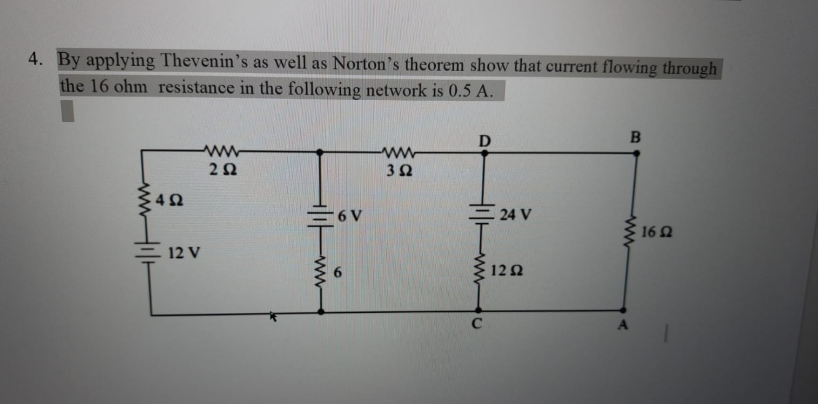


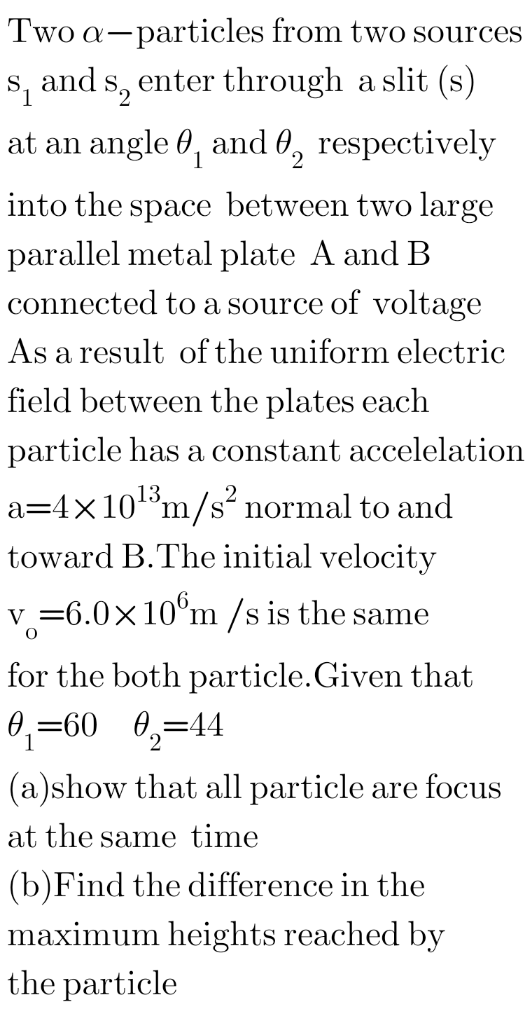
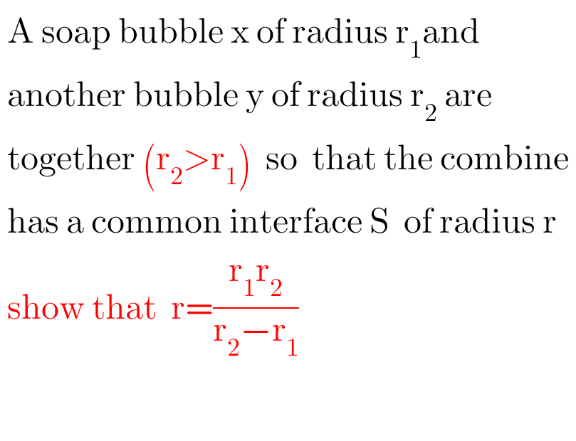

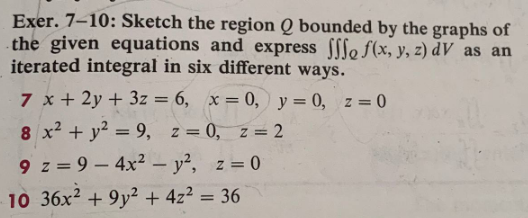



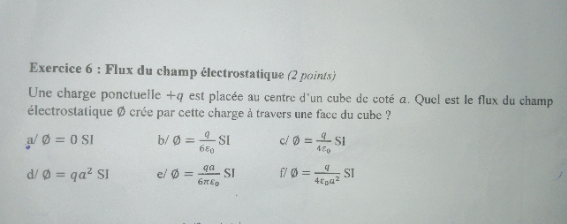

Pg 580 Pg 581 Pg 582 Pg 583 Pg 584 Pg 585 Pg 586 Pg 587 Pg 588 Pg 589
|
Question and Answers Forum |
AllQuestion and Answers: Page 585 |
| what is limit? also where we use it. |

|
| lim_(x→∞) ((√(x^2 +3x))−x)=? |

|

|
| lim U_n =Σ_(k=o) ^(n−1) ((n(ln(n+k))−ln(n))/(n^2 +k^2 )) |

|
| Evaluate: lim_(n→∞) ((Σ n)/n^2 ) = ? |

|

|

|

|
| f :[ 0 , 6] → [−4 , 4] f (0 )=0 f (6 )=4 x, y≥0 , x+y ≤6 f (x+y )=(1/4){f(x)(√(16−(f(y))^2 )) +f(y)(√(16−(f(x))^2 )) } ∴ ( f(1) +f (3))^( 2) =? |

|

|
| si E est la fonction partie entiere ,et n un entier naturel alors I=∫_o ^n E(x) vaut? |
| ∫_0 ^( (π/2)) x.sin^( 2) (x).ln(sin(x))dx |
| Solve the equation: (sinx)^3 + sinx = cosx |
| the value of the integral ∫_(−1) ^( 1) x^2 p_2 (x) dx is ? |
| the value of 𝛃 (2, n ) is ? |

|

|
| If Ω = ∫_0 ^( ∞) (( ln^( 2) (x ).sin((√(x )) ))/x) dx prove that : Ω = 4 γ^( 2) + (π^( 3) /3) ■ m.n |
| f (x) :=(√((1/a) +x)) −(√((1/a) −x)) and D_f ≠ ∅ , g(x)=(√((ax−1)/(f^( −1) ( ax −a )))) find : D_( g) =? |

|
| ∫_(−∞) ^( ∞) ((ln((√(x^4 +1))))/( (√(x^4 +1)))) dx |
Pg 580 Pg 581 Pg 582 Pg 583 Pg 584 Pg 585 Pg 586 Pg 587 Pg 588 Pg 589 |